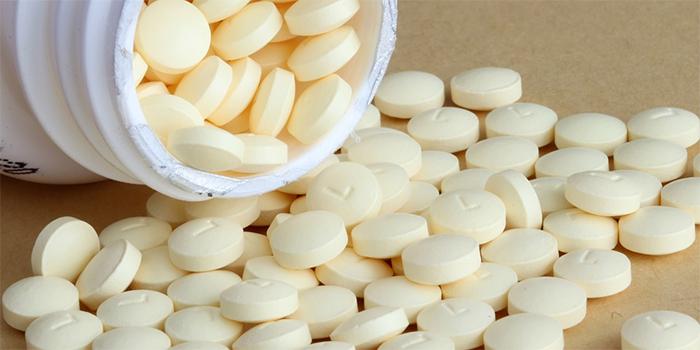NEW YORK – New York Attorney General Letitia James Tuesday announced a proposed $26 billion agreement that will help deliver financial relief to communities across the state and the rest of the nation struggling with opioid addiction.
The proposed agreement will resolve claims against three of the nation’s largest drug distributors — McKesson Corporation, Cardinal Health Inc., and Amerisource Bergen Drug Corporation — as well as one of the nation’s largest drug manufacturers — Johnson & Johnson (J&J) — over the companies’ roles in creating and fueling the opioid epidemic.
New York communities ravaged by opioids will specifically receive up to $1.25 billion to fund prevention, treatment, and recovery programs (the terms of New York’s specific settlements were previously announced with both the three distributors and with J&J).
The newly announced proposed agreement requires significant industry changes that aim to end the opioid epidemic and prevent this type of crisis from occurring again.
The proposed global agreement — if approved by a substantial number of states and local governments across the country — would resolve the claims of nearly 4,000 entities that have filed lawsuits in federal and state courts against the four companies. New York has already signed on to the new agreement, while other states have 30 days to sign onto the deal. Local governments in the participating states will have up to 150 days to join. States and their local governments will receive maximum payments if each state and its local governments join together in support of the agreement.
Global Funding:
- The three distributors collectively will pay up to $21 billion over the next 18 years.
- Johnson & Johnson will pay up to $5 billion over nine years, with up to $3.7 billion paid during the first three years.
- The total funding distributed will be determined by the overall degree of participation by both litigating and non-litigating state and local governments.
- Nationwide, the substantial majority of the money is to be spent on opioid treatment and prevention.
- Each state’s share of the funding has been determined by an agreement among the states using a formula that takes into account the impact of the crisis on the state — specifically, the number of overdose deaths, the number of residents with substance use disorder, and the number of opioids prescribed — and the population of the state.
Global Injunctive Relief:
- The 10-year proposed agreement will result in court orders requiring McKesson, Cardinal, and Amerisource Bergen to:
- Establish a centralized independent clearinghouse to provide all three distributors and state regulators with aggregated data and analytics about where drugs are going and how often, eliminating blind spots in the current systems used by distributors.
- Use data-driven systems to detect suspicious opioid orders from customer pharmacies.
- Terminate customer pharmacies’ ability to receive shipments, and report those companies to state regulators, when they show certain signs of diversion.
- Prohibit shipping of and report suspicious opioid orders.
- Prohibit sales staff from influencing decisions related to identifying suspicious opioid orders.
- Require senior corporate officials to engage in regular oversight of anti-diversion efforts.
- The 10-year proposed agreement will result in court orders requiring Johnson & Johnson to:
- Stop selling opioids.
- Not fund or provide grants to third parties for promoting opioids.
- Not lobby on activities related to opioids.
- Share clinical trial data under the Yale University Open Data Access Project.








